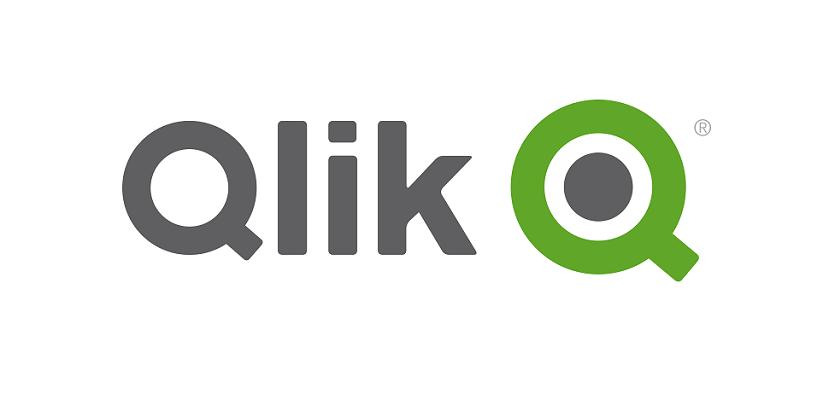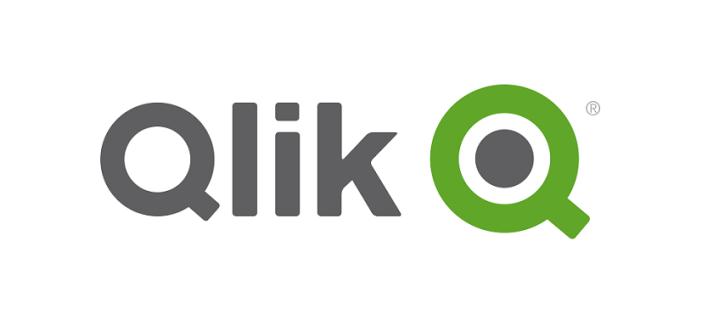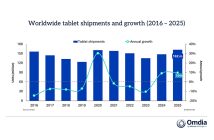
The Data Literacy Index, commissioned by Qlik and produced by Wharton School academics and IHS Markit, reveals correlation between company performance and workforce data literacy
- Index revealed organisations with a strong corporate data literacy exhibit up to 5% higher enterprise value
- While the majority of business decision makers recognise the importance of a data literate workforce, less than 20% are encouraging their employees to become more confident with data
According to a major academic study commissioned by Qlik®, on behalf of the newly launched Data Literacy Project, large enterprises that have higher corporate data literacy experience $320-$534 million in higher enterprise value (the total market value of the business).
Corporate data literacy is the ability of a company workforce to read, analyse, utilise for decisions and communicate data throughout the organisation. Beyond having a data literate workforce, organisations must ensure these skills are used for decision making across the business to compete in the fourth industrial revolution.
Despite a clear correlation between enterprise value and data literacy, there is a gap between how companies perceive the importance and relevance of data, and how they are actively increasing workforce data literacy. While 92% of business decisions makers believe it is important for employees to be data literate, just 17% report that their business significantly encourages employees to become more confident with data.
Corporate Data Literacy Can Improve Financial Performance
The Data Literacy Index is a rigorous model that scores companies based on the extent to which firms have the necessary data and the capabilities to use data for decision making. When correlated to measures of corporate performance, organisations that rank in the top third of the Data Literacy Index have 3 to 5% higher enterprise value. In addition, improved data literacy appears to have a positive correlation with other measures of corporate performance, including gross margin, return-on-assets, return-on-equity and return-on-sales.
“This is the first time that data literacy has been measured on a company level, which includes not only the data skills of company employees, but also the use of data for making decisions throughout the company,” said Lorin Hitt, Professor at Wharton School of the University of Pennsylvania. “This is important because our research suggests that this broader concept of corporate data literacy represents a mutually reinforcing set of business practices that are associated with higher financial performance.”
To inform the Data Literacy Index, 604 global enterprise business decision makers in 10 geographies were surveyed on their companies’ use of data and approach to data literacy. The research study was defined by Wharton academics and conducted by PSB Research. Other key findings include:
Businesses Not Ready to Pay for Widespread Data Expertise
The majority of business decision makers feel it is vital for employees to be data literate, but just 24% of the global workforce reports being fully confident in their ability to read, work with, analyse and communicate with data.*
Further aggravating this skills gap, while two-thirds of companies (63%) are planning on hiring more data literate employees, the onus is on the individual. Business leaders have been unwilling to commit resources to improve the data literacy of their workforce, with only 34% of firms currently providing data literacy training, and only 36% willing to pay higher salaries to employees who are data literate.
Data Skills Are Not Leading to More Data-Driven Decision Making
Nearly all business leaders acknowledge that data is important to their industry (93%) and in how their company currently makes decisions (98%). Shockingly, just eight percent of firms have made major changes in the way the data is used over the past five years.
In fact, data-driven decision making has the lowest score of the three dimensions of corporate data literacy measured. Even companies that have data-literate employees across every business unit are likely not turning data into useable information as effectively as possible.
European Companies Show the Highest Data Maturity
Europe holds the highest data literacy score of any region, with the UK, Germany and France among the most mature nations for corporate data literacy. Slightly lower, the US and APAC regions were not statistically different from one another, although Singapore is the most data literate nation globally.
This reflects a greater recognition that European business decision makers have for the value of data, with 72% affirming that it is “very important,” compared with just 60% in Asia Pacific and 52% in the US.
Mixed results in Asia Pacific
Asia Pacific recorded the highest increase in the importance of data in the last 5 years – moving faster than the US and EMEA. Despite that, only one in ten (10%) companies have made changes in the way they use data and only 20% are willing to pay higher salaries to employees who are data literate – revealing a severe disconnect between the state of affairs and how enterprises are dealing with it.
Singapore emerged as the most data literate nation globally, with the highest Corporate Data Literacy (CDL) score of 84.1 compared to 81.3 in the United Kingdom and 72.6 in the US. Within Asia Pacific, India had a score of 76.2; Australia had a score of 72.4; while Japan had a score of 54.9. The banking and finance industry led the way in terms of achieving the highest average CDL score in Asia Pacific.
Industries with Higher Data Literacy
There are far greater differences in corporate data literacy between industries than between regions. The healthcare, retail and real estate industries underperformed on data literacy (with respective data literacy scores of 67.1, 69.2 and 70.7), while the administrative, technical services and finance industries performed more consistently (81.1, 80.2 and 77.4 respectively).
Commenting on the findings, Jordan Morrow, Global Head of Data Literacy at Qlik said: “With the greater presence of automation, robotics and artificial intelligence, the fourth industrial revolution is looming. Data will be its universal language and those companies that master it will reap the rewards.”
“Yet, while companies pay strong lip service to the relevance and importance of data literacy to their business, their willingness to commit resources for data literate employees and evoke change to allow for data-driven decision making is lacking.”
“Within just five years, the winners of the data revolution will be clear. The Data Literacy Index is not merely an eye opener. It is a call to arms for business leaders to defend their market share.”
The Corporate Data Literacy Index was created by Qlik on behalf of the Data Literacy Project, a new global community dedicated to igniting richer discussion and developing the tools we need to shape a confident and successful data literate society. Founding partners include Cognizant, Qlik, Pluralsight, Experian, the Chartered Institute of Marketing and Data to the People.
The Data Literacy Index results summary can be found here. For more information on how businesses can start their own data literacy revolution, join the Data Literacy Project at TheDataLiteracyProject.org.
Methodology
Business decision maker survey
The survey was conducted by PSB Research in the period of June 27 through July 18, 2018. Business decision makers were selected from global publicly traded companies, with at least 500 employees and which represented a wide range of industries including banking and financial services, manufacturing, retail, transportation, healthcare, energy, construction, utilities, and communications.
Corporate Data Literacy scores
The measure of corporate data literacy was established by IHS Markit and a Professor from the Wharton School. It lies on a continuum based on (1) the data skills of the employees (human capital) (2) data-driven decision making and (3) data skill dispersion (how widespread is the use of data throughout the organization). A survey was designed to measure the three dimensions of corporate data literacy. For each question a scale was developed from the categorical responses and the z-score computed to standardize responses across all indicators in order to aggregate them. The overall corporate data literacy score is computed as the sum of the three pillar scores. For the global sample, the distribution of CDL scores range from a low of 0 to a high of 100.
Measures of Firm Performance
The corporate value can be interpreted as the percentage difference in enterprise value of the organization for a one standard deviation difference in the corporate data literacy score, holding fixed all other assets of the firm. The analysis of performance was completed using public financial data for the surveyed companies. The result is statistically significant at conventional levels, and consistent with estimates from the performance regressions using other performance variables.
* Source: How to Drive Data Literacy within the Enterprise
About Qlik
Qlik’s vision is a data-literate world, one where everyone can use data to solve their most challenging problems. Only Qlik’s end-to-end data management and analytics platform brings together all of an organization’s data from any source, enabling people at any skill level to use their curiosity to uncover new insights. Companies use Qlik to see more deeply into customer behavior, reinvent business processes, discover new revenue streams, and balance risk and reward. Qlik does business in more than 100 countries and serves over 48,000 customers around the world.





